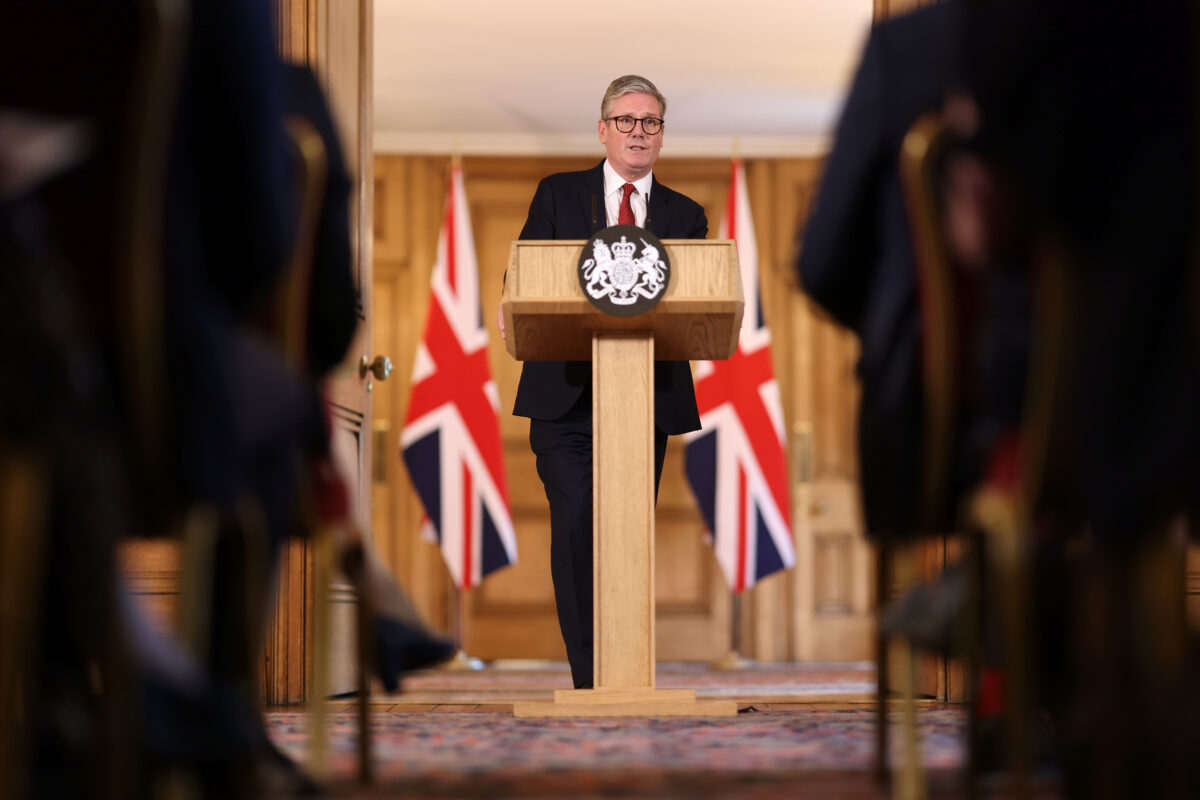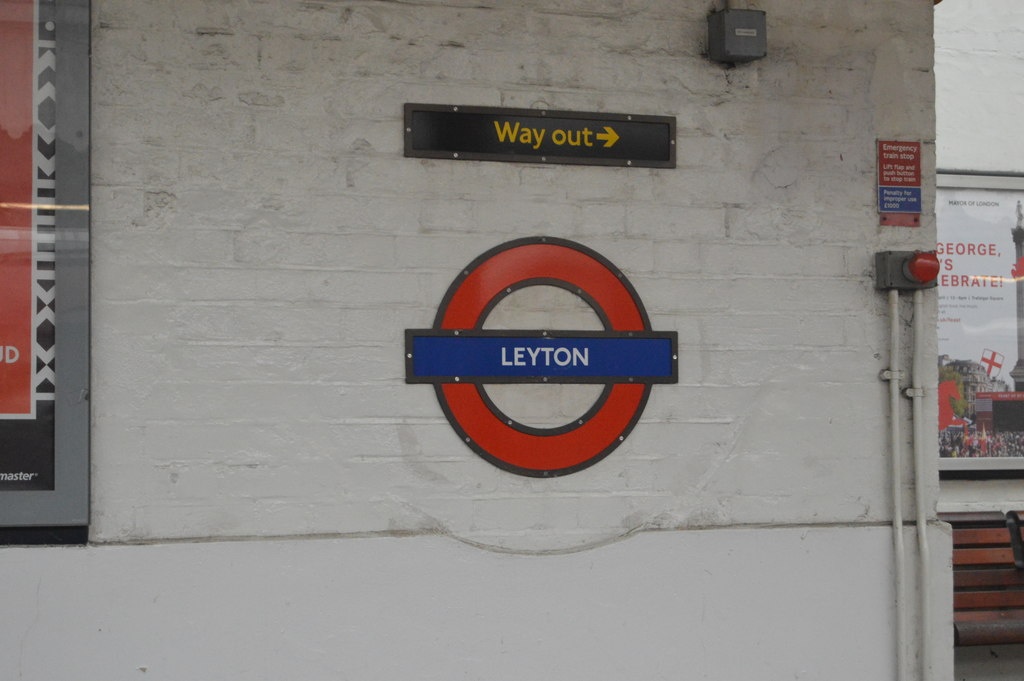One might think that alleviating child poverty should hardly be a controversial aim for a left-wing government, but controversial it is proving to be for the current Labour government in the UK. At the centre of said controversy is a two-child benefits cap, which prevents parents from claiming welfare for any children additional to their first two.
Opponents of the cap, which was introduced by Theresa May’s Conservative government in 2017, argue that the policy is keeping around 540,000 children in absolute poverty and that it should be repealed, with some of the strongest opposition understandably coming from within Labour’s own ranks.
However, in last year’s King’s Speech, which sets out the government’s agenda for the coming year at the beginning of each session of Parliament, the newly elected Labour government made no mention of scrapping the cap. This was a clear signal that the Starmer administration had no intention of abolishing the policy any time soon.
Sensing an early opportunity to damage the government right out of the blocks, the Scottish Nationalist Party (SNP) tabled an amendment to the King’s Speech that called for the cap to be scrapped. Knowing that some Labour MPs could not refuse to support it, the SNP hoped to manufacture a demoralising rebellion against the government. The huge Labour majority meant the amendment had no chance of passing, but this piece of parliamentary gamesmanship did its job, and several Labour MPs duly supported the amendment.
It was a modest rebellion of only seven MPs, but to suffer a rebellion of any size on the first King’s Speech of the first Labour government in 14 years was an embarrassment. As such, it was inevitable that the government would respond, but the unexpectedly harsh 6-month suspension of each of the rebels from the party was a clear statement of intent. It showed that the government would not take rebellions lightly, but also that it would be steadfast in its opposition to scrapping the cap, at least for the foreseeable future.
But having repeatedly refused to scrap the cap for months, Labour now appears to be considering doing just that, apparently in response to appeals from MPs. Before looking at the choices facing the current government as it stands on the precipice of a surprising and welcome U-turn, it is worth looking at how it has come to find itself in this position in the first place.
The New Labour government under Tony Blair made tackling child poverty one of its main priorities after it swept into power in 1997. In 1999, riding high on the strong public approval that characterised the first years of New Labour, Blair made a bold pledge to end child poverty in the UK by 2020.
It seemed unachievable. But at first it looked like the heft of central government was actually beginning to shift the dial. Labour introduced new tax credits, increased welfare spending and launched a programme of holistic parental support called Sure Start, all of which led 1.7 million children out of absolute poverty by 2008—a 50% decrease from 1999.
In 2010, however, the Conservatives took over the reins of power and, with them, Blair’s project to end child poverty by 2020. Predictably, the progress that had been made up to then began to slow and eventually reverse.
In response to the 2008 financial crash, the Conservatives ushered in an era of austerity, which saw vicious cuts to public spending in the name of fiscal responsibility and living within the country’s means. But their strategy failed to produce significant growth, and the potent combination of economic stagnation and welfare cuts pushed 900,000 children into poverty between 2010 and 2023. During the same period, the proportion of children living in households below the poverty line also went up to 30% from 27% according to the Institute for Fiscal Studies.
One of the biggest blows dealt by the Tories to the mission to end child poverty in the UK during the era of austerity was the introduction of the two-child benefits cap in 2017. The cap is just one of the undesirable legacies left over after 14 years of Conservative government and, if not repealed, is predicted to affect an additional 640,000 children over the course of the current parliament.
Many have joined the chorus of progressive voices, including former Prime Minister Gordon Brown, calling for the cap to be scrapped as a cost-effective way to lift children out of poverty. So why, until recently, has the current Labour government seemed so reluctant to do so?
The answer surely lies in the party’s relentless effort to cast itself as the fiscally responsible choice during the 2024 general election. This involved making cripplingly restrictive promises on taxation and taking a hard line on welfare reforms. It formed part of what seemed to be a larger strategy of presenting a prudent, sensible version of the Labour Party whilst letting the reckless Tories shoot themselves in the foot. As an election-winning plan, it cannot be faulted—Labour won a huge landslide victory. But the government has left itself hamstrung by its own promises, unable to enact the progressive policies people normally expect from the Labour Party, including on the two-child cap.
The most recent substantial polling on the topic also suggests there is not much public support for scrapping the cap, with 60% in favour of keeping it and only 28% in favour of abolishing it. More evidence that mere electioneering is behind the government’s decision not to take action.
Glimpses of a coming U-turn, however, are beginning to appear. Cabinet ministers have openly said that the government is currently considering scrapping the cap and there is hope that the government’s Child Poverty Taskforce may call for it to be scrapped when it publishes its findings in the autumn.
It would be a most welcome U-turn. That there are more children in poverty than there were over a decade ago in the sixth largest economy in the world is a national disgrace. The government must surely recognise that tackling this problem is not just the right thing to do, it is a moral imperative. There may be other issues where the long-term political calculations of a government with an eye on a second term might justifiably be allowed to influence decision making, but this is simply not one of them. An election-winning reputation for fiscal restraint cannot be bought with the suffering of impoverished children willfully kept below the poverty line by their own government.
Estimates put the annual cost of scrapping the cap at between £2 billion and £3.5 billion. Clearly it would not be a cheap policy, but shedding the painfully short-sighted promises on taxation would free up more than enough revenue to fund it. The time has come for the government to decide where its values lie. Is it in the business of winning elections for winning’s sake, keeping a tight belt and cutting welfare to cling on to the red wall and middle England? Or has it entered power with a purpose, to protect the most vulnerable in society and to build a fairer, more compassionate Britain? Only time will tell.

